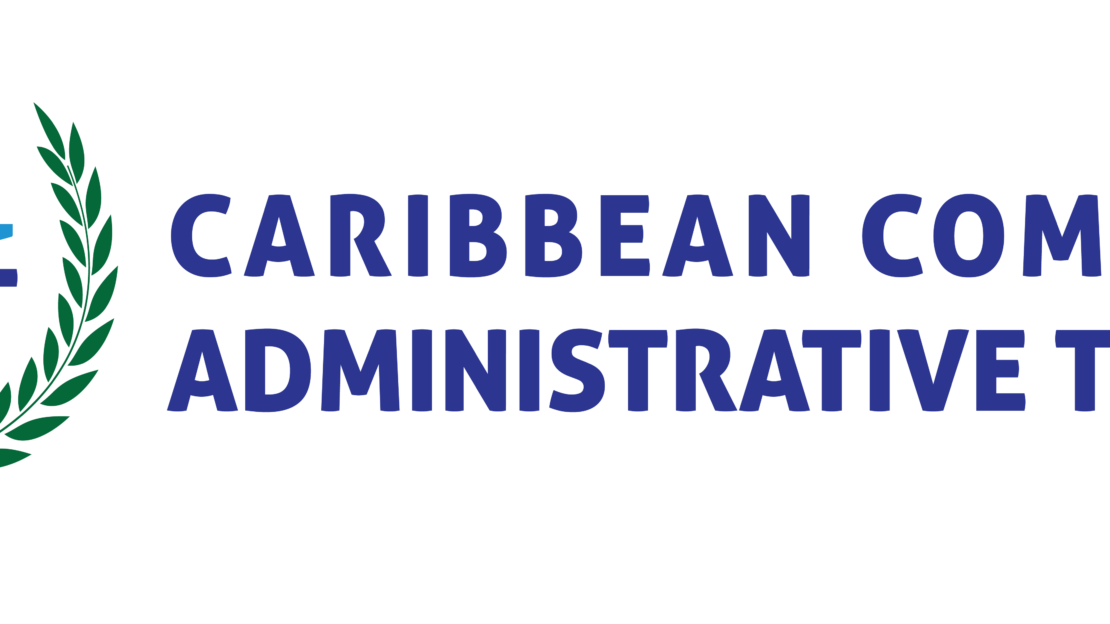What is the Jurisdiction of the Tribunal?
Pursuant to Article III of the Statute the Tribunal shall be competent to adjudicate upon any grievance or complaint by which a member of the staff of CARICOM Secretariat or an eligible institution alleges the breach of, or otherwise failure to observe, the contract of employment or terms of appointment of such staff member or of such provisions of the Staff Rules and Regulations as are applicable to the case.
Why is the CCAT necessary?
The establishment of the CCAT was important because the CARICOM Secretariat and Institutions, as international organizations, are eligible for diplomatic immunity in respect of lawsuits brought in national courts including those related to employment matters. This left staff members workers without access to an appropriate and effective judicial mechanism that could oversee the appropriateness of internal decisions
Filing a compliant
Who can file a complaint?
any person subject to the Staff Rules and Regulations of an eligible CARICOM Institution including a current or former member of the staff of an eligible CARICOM Institution; or
the legal representative of a deceased member of staff;
A person employed by a staff member or a consultant employed to work under a contract of services by an entity external to the eligible CARICOM Institution cannot file a complaint.
Is it necessary to be represented by a lawyer?
No. The complainant may represent themselves or may be represented by an appointed agent who shall be a serving former official of an Institution which has recognized the Tribunal’s jurisdiction; or a retained qualified legal counsel in a Member State of one of those Institutions.
What can be the subject of a complaint?
Pursuant to Article III (2) the cause of action must have happened after the establishment of the Tribunal and after the date on which the eligible institution became subject to the jurisdiction of the Tribunal.
What are the time limits for filing a complaint?
A complaint must be filed within ninety days after:
(i) receipt of notice that the relief asked for or recommended will not be granted; or
(ii) receipt of notice that the relief asked for or recommended will be granted, if such relief shall not have been granted within thirty days after receipt of such notice.
The Tribunal may extend the time for the filing of a complaint in exceptional circumstances where the interests of justice so require. Any such extension of time shall not exceed a further sixty (60) days.
Where the eligible institution fails to take a decision upon receipt of a claim by a staff member within sixty days of the notification of the claim to it, the staff member may file a complaint with the Tribunal and his or her complaint shall be treated in the same manner as a complainant who had exhausted all remedies available within the eligible institution. The period of ninety days shall run from the expiration of the sixty days allowed for the taking of a decision by the eligible institution.
Is it necessary to go through the internal dispute resolution procedures before filing a complaint?
Pursuant to Article III(2)(b) of the Statute of the CCAT, The Tribunal cannot consider a grievance unless the complainant has exhausted all remedies available within the eligible Institution.
How to file a complaint?
Complaints must be submitted to the Tribunal through the Registrar and in accordance with the Rules of the Tribunal. Potential complainants are invited to contact the Registry of the Tribunal if they require further information regarding the filing of complaints
Can a complainant Reply?
If the defendant Institution files a response to the complaint that meets the requirements of the Rules, the Registrar shall forward the response to the complainant or to her/his agent, who may file a reply within thirty days of the date of receipt.
Can you review of a judgment?
Pursuant to Article XIV a party to a case in which judgment has been delivered may with the leave of the Review Committee appeal to the Review Committee on the ground that the Tribunal has exceeded or failed to exercise its jurisdiction, or has erred on a question of fact or law or both.
An application for leave shall be made within a period of sixty days after the judgment was delivered.
The Review Committee shall grant leave to appeal only in exceptional cases in the interest of justice or the international functioning of the eligible CARICOM Institutions.
An application for leave shall be made pursuant, to the original jurisdiction rules of the Caribbean Court of Justice.

